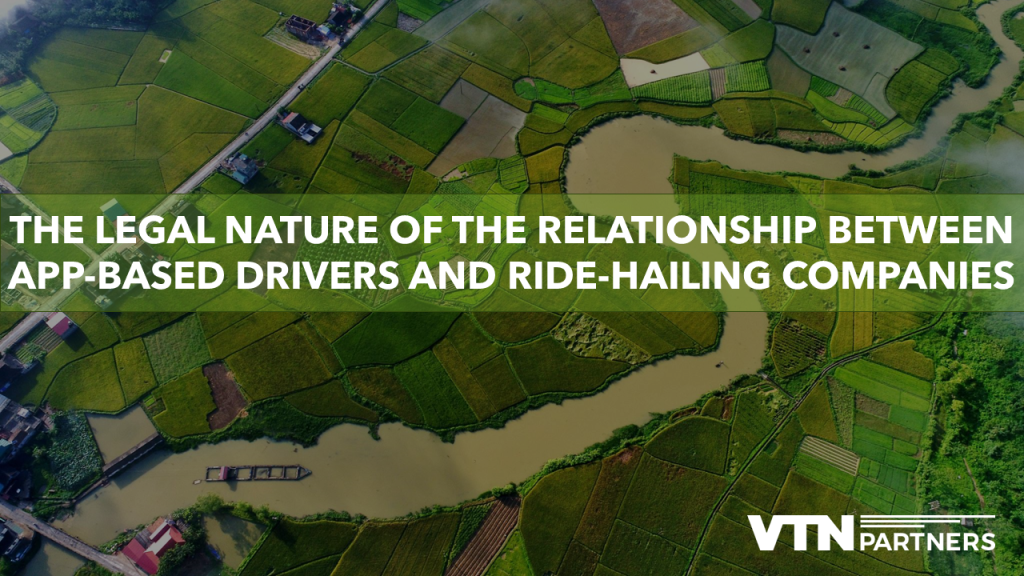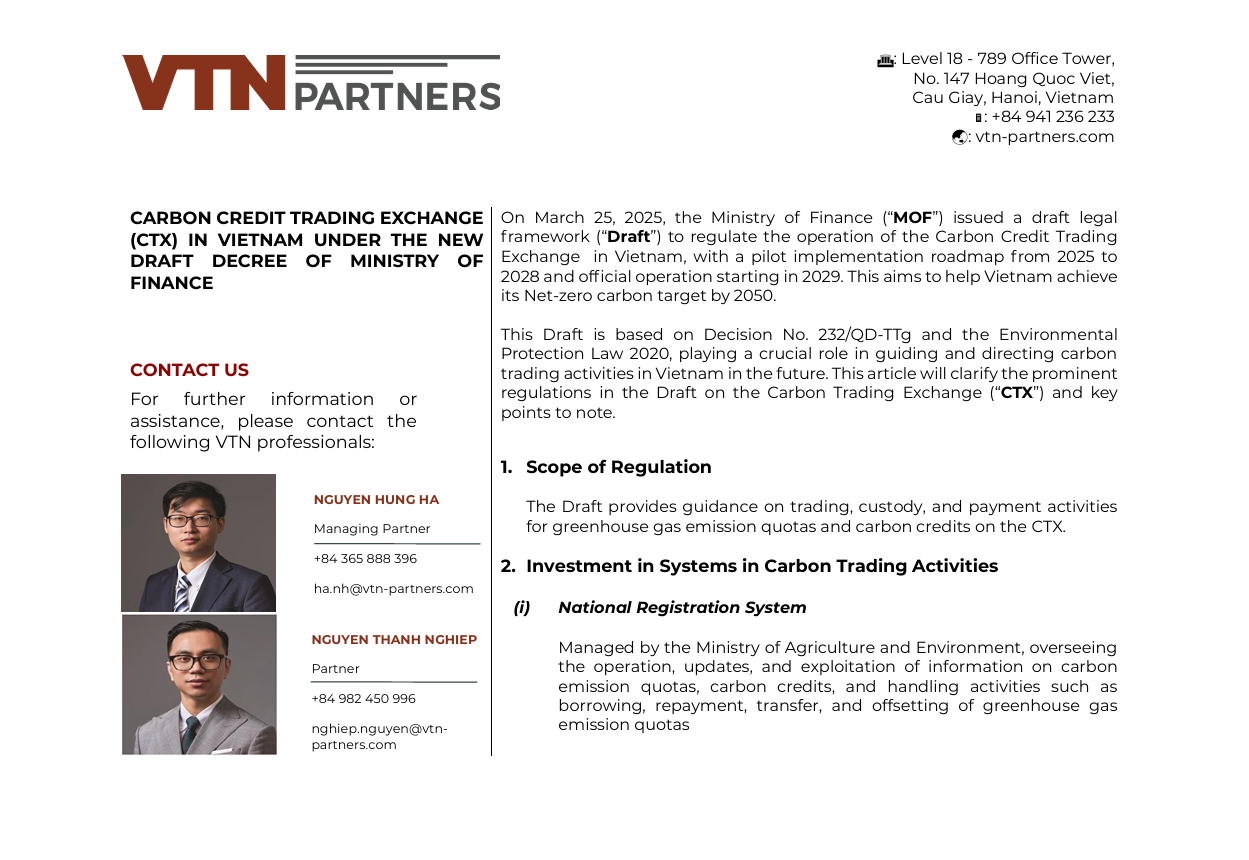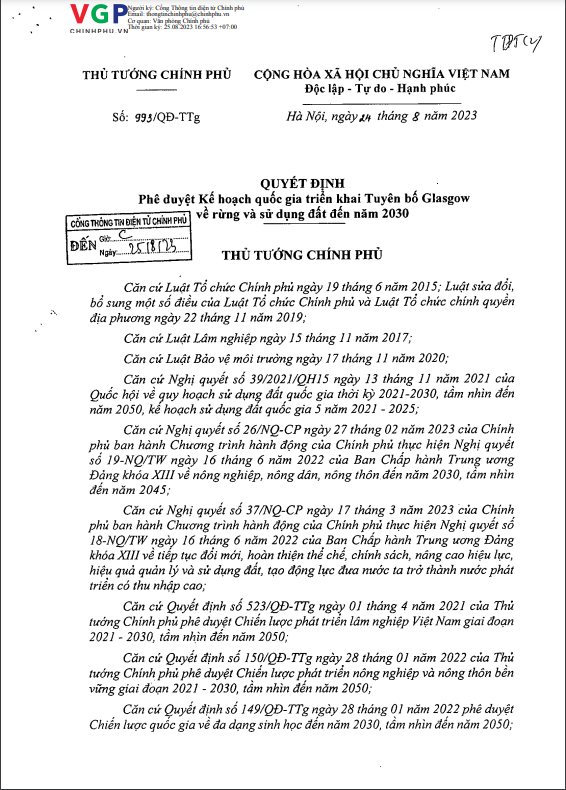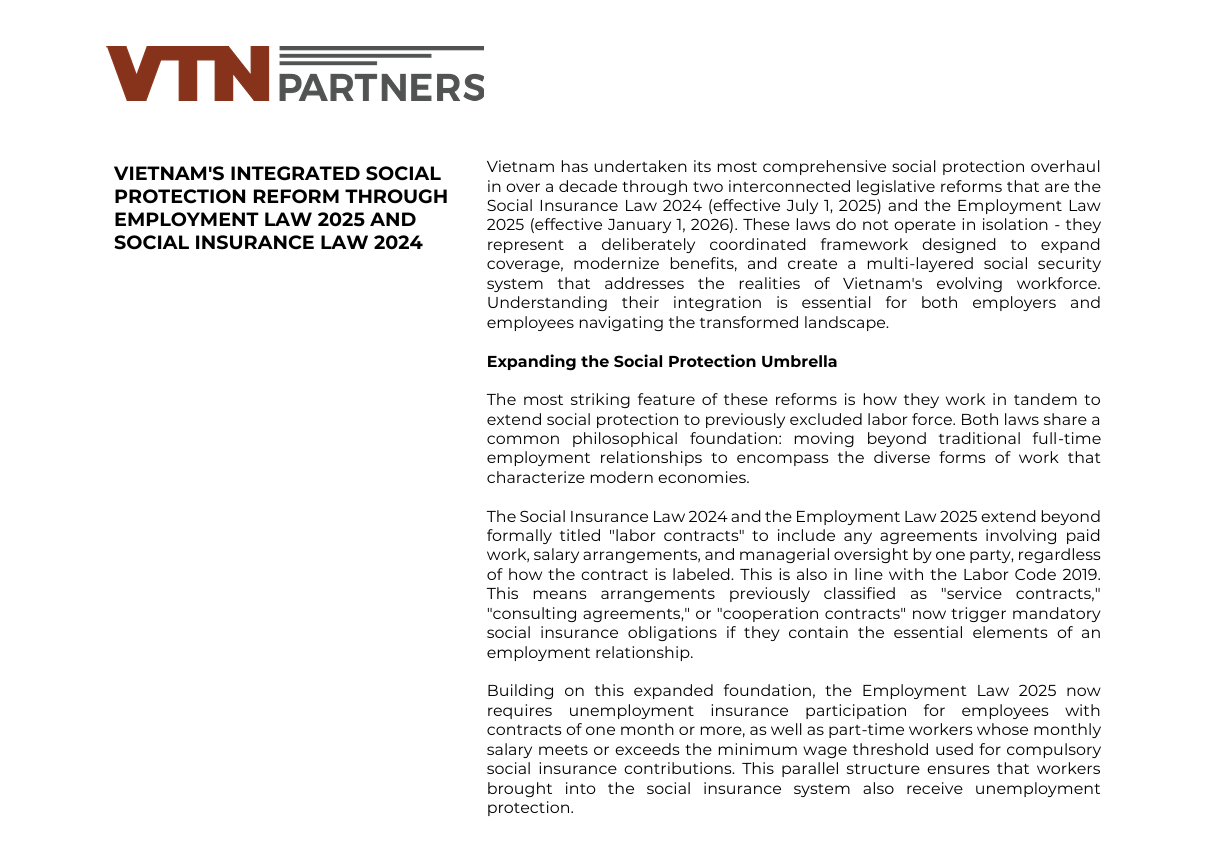This post is written by Truong Viet Hoa and edited by Nguyen Thanh Nghiep
In Vietnam, long gone are the days when traditional motorbike taxis were still prevalent, now it is the age of ride-hailing applications. The development of such digital platforms as Grab, Be, and now Xanh SM by Vin Group has already attracted a majority of people joining in and becoming app-based drivers. Most of these drivers, who are self-proclaimed workers, are dependent on the platforms for work and incomes; however, the platforms still regard them as just partners. The debate over whether the legal nature of the relationship between app-based drivers and ride-hailing apps should be considered a labor or a business cooperation contract (“BCC”), has been around for a while, yet no specific resolution is in sight.
Currently, Vietnamese app-based drivers are working as independent partners for digital platforms. Once the driver meets the conditions of the company, the parties will enter into a BCC, which recognizes their rights and obligations, mutual benefits and joint responsibilities. To put it in a simpler way, the company and the driver enter into a transport BCC.
However, by all appearances, these drivers should be regarded as employees and be entitled to employees’ rights and protections. Pursuant to the Labor Code, an employment contract is an agreement between an employee and an employer on a paid job, salary, working conditions, and the rights and obligations of each party in labor relations. Meanwhile, pursuant to the Law on Investment, a BBC contract means a contract between investors for business cooperation and distribution of profits or products without the establishment of a business organization. As can be seen, the BBC contract is characterized by equality between the parties, while in a labor contract, the employee is under the administration and supervision of the employer during the working process.
Now back to our case, there is solid evidence that drivers are being treated as employees by the platform companies. First, in terms of salary, the platforms stipulate how much money a driver gets from each ride, which proves a relationship between the payer and the payee. Second, all drivers have to comply with the platforms’ operating regulations (e.g. receiving a ride and transporting passengers) and terms of use for e-commerce service providers. Moreover, the platforms perform management, administration, and supervision of the drivers. Indeed, drivers cannot take the liberty of negotiating the price with passengers but are obliged to receive a sum calculated by the platforms. These companies also monitor drivers’ behaviors closely through connected software in order to detect drivers’ violations such as: canceling trips for no reason, engaging in illegal activities, lack of respect for passengers, etc. All in all, it is evident that the relationship between drivers and ride-hailing apps should be seen as the labor relation.
The fact that the legal status for app-based drivers has not been clarified may wreck their interests in the process of performing work. The mass demonstrations organized by Grab’s workers for getting a raw deal two years ago had spoken for themselves – low pay, no social insurance, and a weak voice and representation are inevitable if they continue to be regarded as partners. This knotty issue brings up the need for regulations in terms of wages, working hours, labor discipline, representative organizations, and settlement of labor disputes for laborers working with the owners of the applications – technology enterprises. In 2020, the Government issued Decree 10/2020 regulating road transportation services by cars. Vietnam now has roughly 60 million motorbikes many of which are now on the road for motorbike taxi service, it is necessary that a legislation regulating road transportation services by motorbikes should be promulgated to ensure the interests of passengers and the protection of motorbike drivers while performing work. Only by treating app-based drivers as employees, will their rights to have access to minimum wages and standards be firmly guaranteed.







